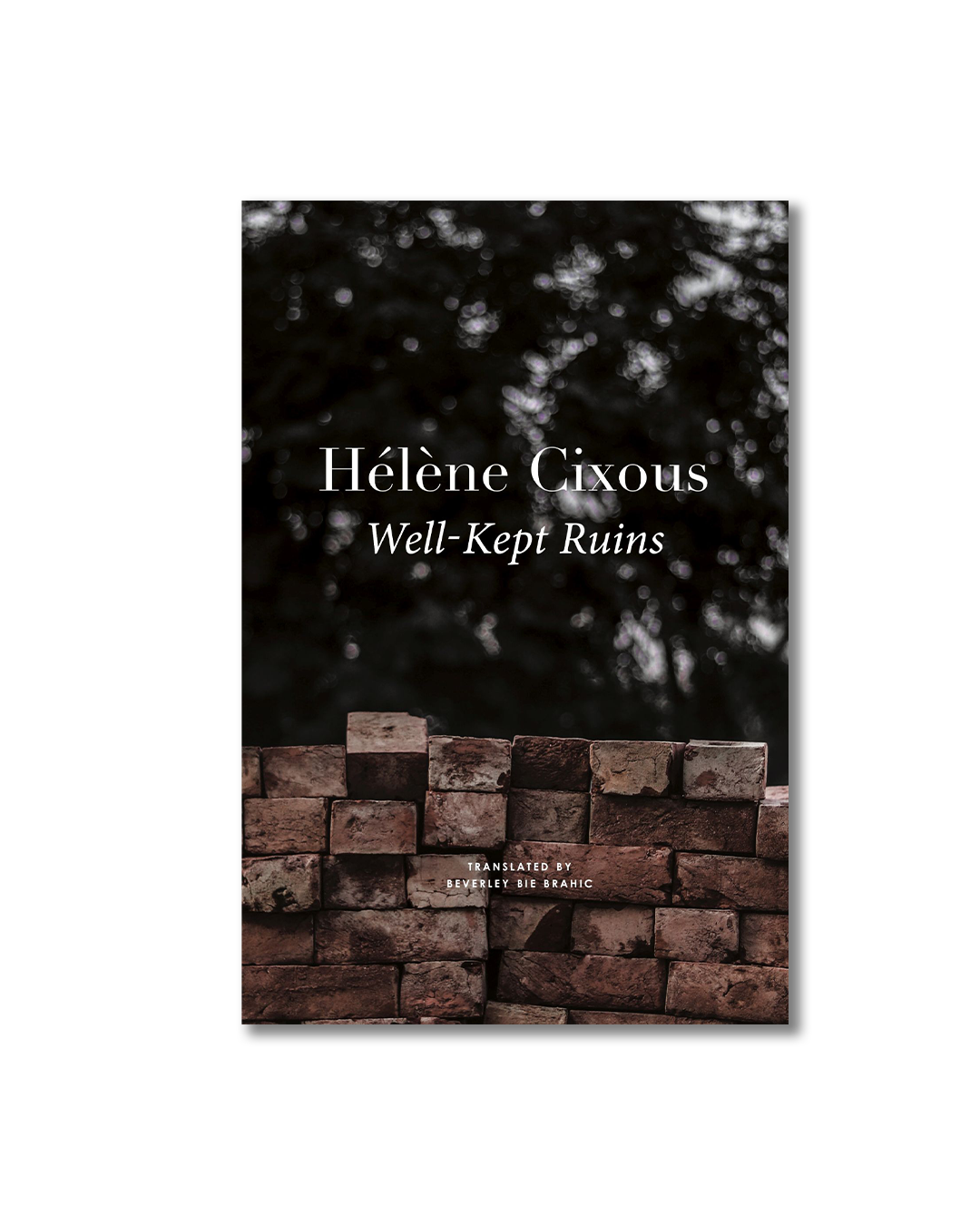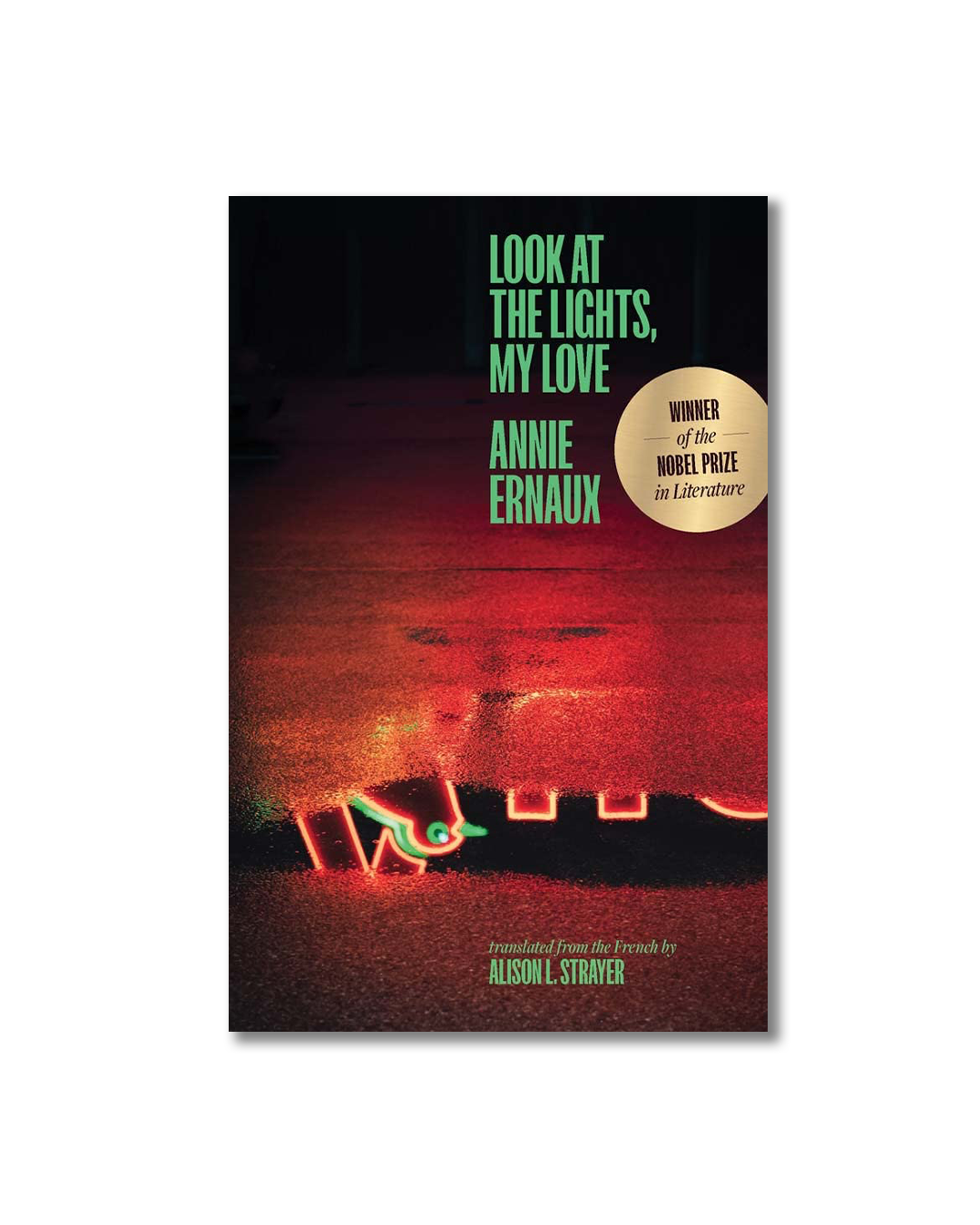The Size of Life: On Dino Buzzati’s “The Singularity”
Buzzati makes a case for the necessary limitations of the “wretched flesh” in which we experience life, experience that cannot be reduced to the digital binary—singular experience.
Eating Time: On Marosia Castaldi’s “The Hunger of Women”
Rosa has entered a different understanding of time and its allotments, one removed from the linear progression for heterosexual women as dictated by girlhood, marriage, and childbirth.
A Tourist in the Underworld: On Tomas Tranströmer
To begin with “klang” is inherently onomatopoetic: you get the primary sound and also its “klang,” you get the signification and its associative resonance. So many of Tranströmer’s poems are about listening, or even living, in a kind of sonic aftermath.
Washington, May 1956: On Clarice Lispector’s “The Apple in the Dark”
Perhaps, newly attuned to her own insatiable desire to create, she would reach her own form of understanding from the drafts that she would copy out eleven times by hand.
Economies of Guilt: On Fernanda Melchor’s “This Is Not Miami”
There is an established tradition of Latin American novelists who started off as journalists.
The Precarious “North” of Jacques Darras
Darras’ poetry may long for the alleged poetic horizon from which waves—and, indeed, shades—emanate but, in its subtle (if finless) wisdom, remains coastal, content to let lyric fall tame upon the sand.
This Macabre, Whirling Orgy: On Márcia Barbieri’s “The Whore”
In the new post-apocalyptic world, the litany has been lost, the prater silenced. Catastrophe discards everything into the same junk pile of existence; which is to say, catastrophe turns everything into junk.
Nesting in the Wires: On Mário de Andrade’s “Macunaíma”
If the act of translation is often reduced to a dichotomy of foreignization and domestication, Dodson’s work is an interrogation; apropos of the book’s slippery relationship to the idea of national identity, of what constitutes the foreign and domestic in the first place.
Sisyphean Domesticity: On Mieko Kanai’s “Mild Vertigo”
An inchoate despair is the dominant mood of the novel, as Natsumi’s feelings of emptiness, dizziness, and vertigo collide against her Sisyphean rituals of domesticity.
Phosphorescent Romanticism: On Magda Isanos’ “Homecoming”
Like a smothering deformative blight, these poems arrive in remission, the moment before full collapse, a slipstream incongruity between locations, futurities, and the clouded cataracts of speculation.
Told by an Idiot: On Jaroslav Hašek’s “The Man Without a Transit Pass”
Hašek is mocking authority and bourgeois respectability, of course, but the criticism is ultimately of the individual’s inability to tolerate being the butt of a joke. If the universe is absurd, then we shouldn’t be so foolish as to take it seriously.
On the Earth, or in a Language: A Conversation with Dong Li
As long as you have things to say, you don’t have to package or repackage things in a very intellectual way. If the thought is forceful enough, it will find a way to convey itself, even if it’s in a broken language, even in broken English.
The Reader Will Not Be Saved: On Palestinian Poetry (in Translation)
A US readership may be seeking the right kind of palatable challenge to their aesthetic and intellectual views, a challenge that will change them, but these poems are after something different.
It’s Not Too Late: On Hélène Cixous’ “Well-Kept Ruins”
The past is dead, but Cixous is alive, and she resurrects only what she thinks of, what incites her, what comes to her mind. Through this persistent act of journeying, the grand gesticulations of the twentieth century come to be concentrated in the beloved, diaphanous figure of a woman: her mother.
The Erotics of Yogurt: On Annie Ernaux’s “Look at the Lights, My Love”
Ernaux’s recent popularity in the US points to our desire for literature that plumbs sexuality without sentimentality. Do away with the crumbs of dissociative sex and give us something raw.
from “Battle Songs”
21. When you say you’re going home, they ask: To Belgrade?
22. For them, it’s as though this war hasn’t happened.
And yet,
23. There are exceptions.
from “Common Life”
MANON: If this keeps up,
THE WRITER: says Manon, who looks at the sky, which is not letting up at all, not lightening anywhere,
MANON: Because it looks like it’s going to keep this up.
Climate Grief and Collective Trauma: On Katazyna Boni’s “Ganbare! Workshops on Dying”
A specific image unfolds in my mind when I think of the Tohoku Earthquake and subsequent tsunami on March 11, 2011, referred to in Japan simply as 3.11: thick, dark water easily pushes against the opposing flow of a river.
Dharma Drama: On Emmanuel Carrère’s “Yoga”
Contrary to no one’s expectations, Emmanuel Carrère has written another book about himself. If you’re just being introduced, this is his fourth or fifth.




















